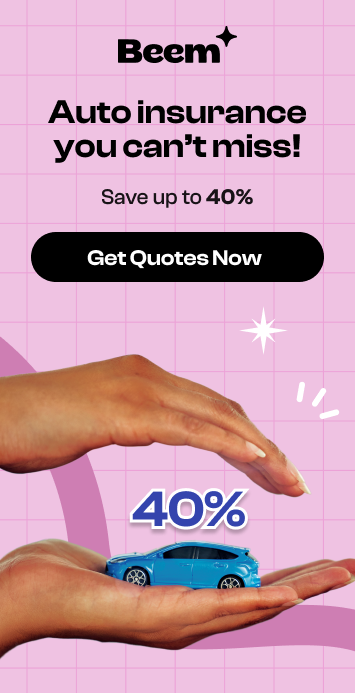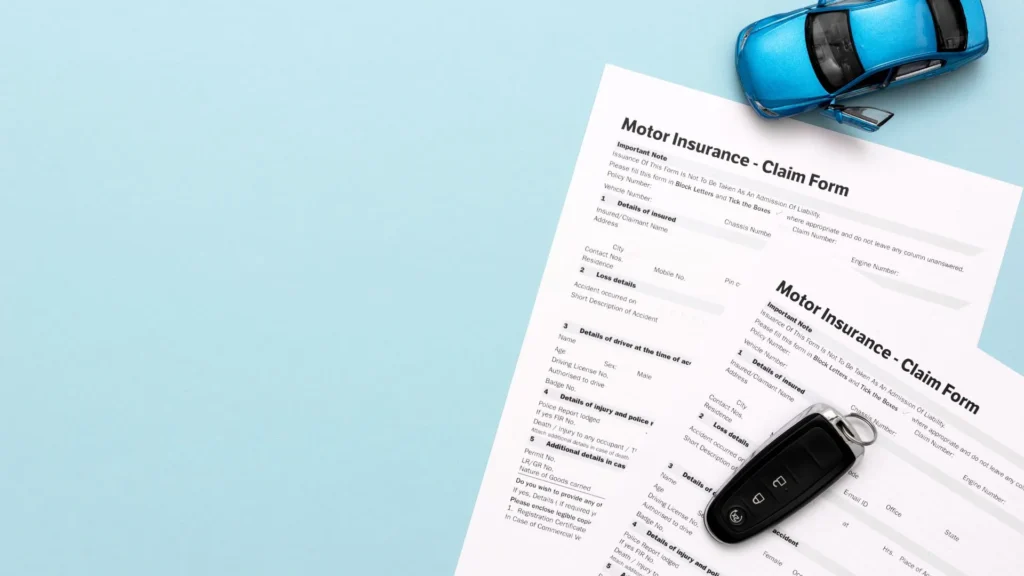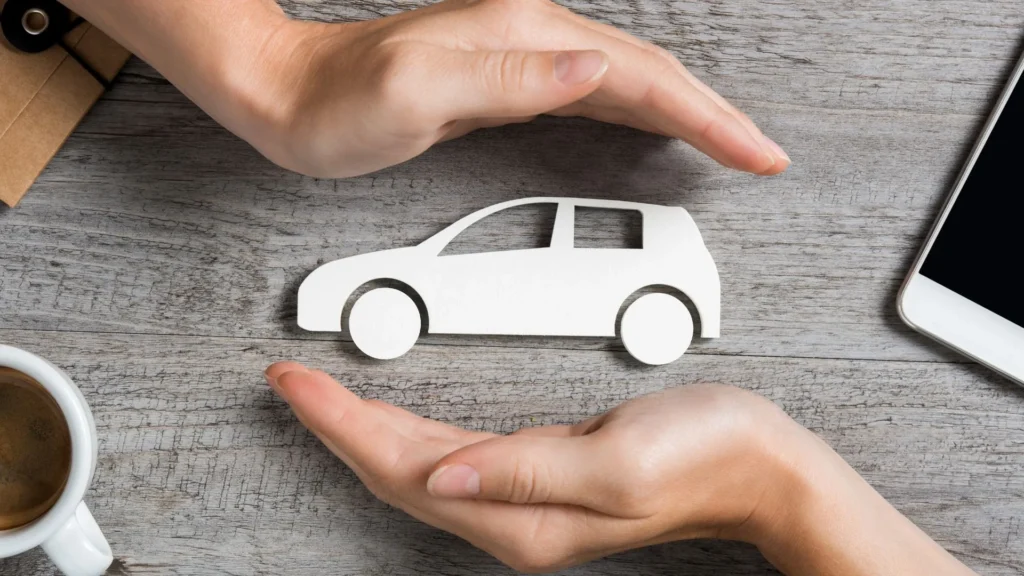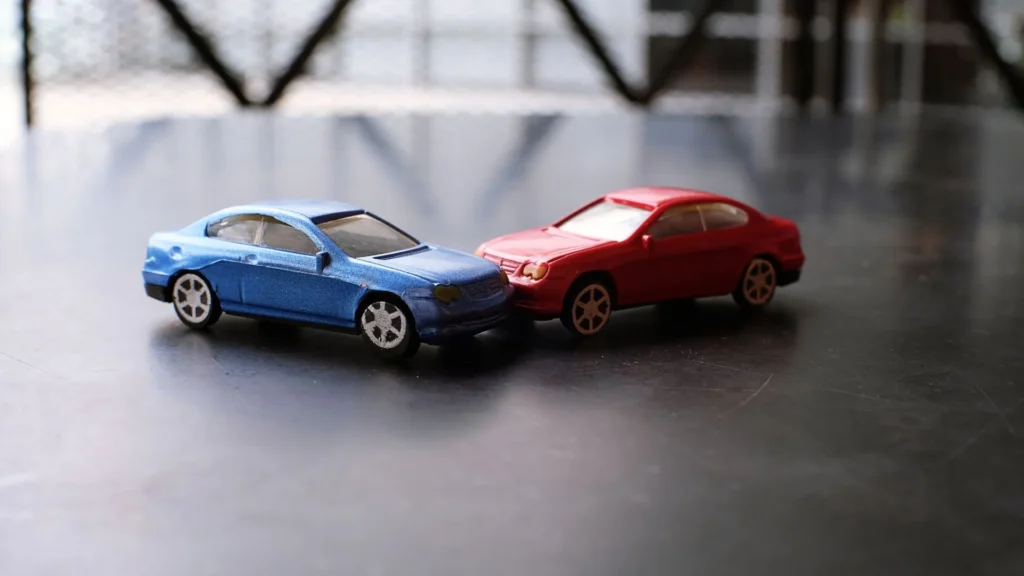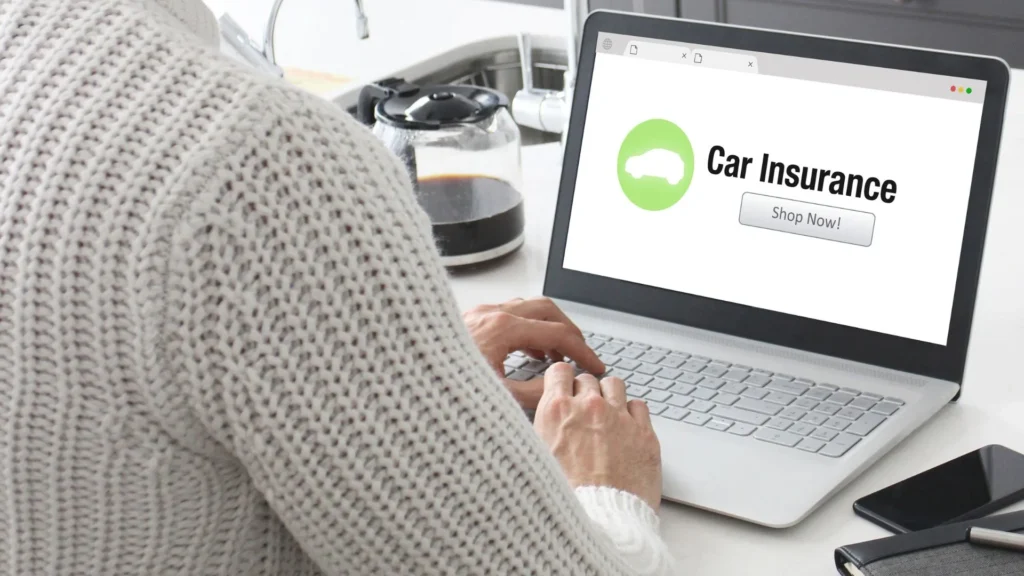Are you curious about determining whether a car or any vehicle has insurance? Verifying that you or anyone else is not driving without proper car insurance is as simple as checking your policy. If you have the driver’s license and the vehicle’s registration number, you can check if the automobile has insurance. Keep reading to learn how to find out if someone has car insurance.
How To Find Out If Someone Has Car Insurance?
In this uncertain world, drivers must have insurance. Anyone involved in an accident, whether as a witness or simply curious about a driver’s coverage, would benefit significantly from being able to confirm their insurance.
Possessing the ability to verify someone’s car insurance coverage is a competence that may safeguard your interests and guarantee a just settlement in car accidents. Each option is essential in confirming insurance coverage.
Here, we will review everything you need to know, from finding answers directly to contacting the right authorities and insurance companies. After all, road safety is everyone’s duty, and protection from potential accidents is everyone’s right. You can use Beem to find the best insurance quotes to help you make the right choice.
Ask for Insurance Information
Just ask the insurance company to get the driver’s insurance information quickly and easily. After an accident or even just a routine traffic stop, drivers often exchange insurance information.
Important information should be noted, such as the insurance company’s name, policy number, and contact details. Check for inconsistencies and verify that the details provided match the ones on the insurance card.
Individuals can safeguard their interests and help create a more open and safe road environment by following certain principles. Staying informed is crucial for efficiently addressing car accidents.
Speak to the Police
If the other driver in an accident won’t or can’t provide you with their insurance information, you must contact the police immediately. The first thing the cops do when they arrive at an accident site is collect information, including insurance details, from everyone involved.
As part of the official incident report, the police will document this information. Carefully obtain a copy of the report for your records, as it might be needed to contact insurance companies or take legal action.
Always be cooperative and provide the police with any information they request; this will help them immensely. The thoroughness and precision of the police report can be better guaranteed in this way.
Speak to the DMV
Research the laws of your state that pertain to the disclosure of insurance information through the Department of Motor Vehicles. Some states may have a formal request procedure, although public access is available in others.
Contacting the DMV can yield more information in specific cases, such as when dealing with ongoing problems or when the driver is uncooperative. The DMV keeps all information about registered vehicles, including insurance details.
While this data is freely available online in certain states, a formal request may be necessary to get it in others. To find out how to get this data, check the rules and laws in your state. Always keep your insurance information up-to-date for a more transparent solution to any accident.
Contact the insurance company
If everything else fails, contacting the insurance carrier directly is a dependable way to confirm coverage. You can find out from the insurance company if the policy is active and what information it is for.
The entire name of the driver, the model of the car, and the insurance number are all necessary pieces of information for this task. Privacy regulations may limit the information the insurance provider can disclose, so be ready to explain your reason for inquiring.
Give the insurance company a precise description of your problem when you contact them. Be ready to answer their questions and clarify your reasons for wanting to know about the insurance coverage.
How To Find The Insurance Company By License Plate?
Privacy regulations make it challenging to identify an insurance provider by license plate. The police, however, have access to this data and should be notified in the event of an accident. As an alternative, drivers in certain states can contact their state’s DMV to get their insurance details.
Before you do anything, research the rules in your state. Obtaining this information without the proper authority could be criminal in many areas. Thus, it is vital to observe privacy rules when getting someone’s confidential information.
How To Verify Auto Insurance Coverage
If you want to check someone else’s car insurance coverage, gather all the necessary details about the driver and the vehicle. Getting the police involved after an accident might be helpful regarding insurance verification. After you’ve got all the necessary details, head to a reliable website for a car insurance check.
Get Driver and Vehicle Details Before Verifying Auto Insurance
To determine if someone else’s car is insured, you must collect the necessary information from the other driver. Here’s what you need to know when checking car insurance validity:
- Just need the driver’s contact info
- Driver’s license number and insurance company
- License plate or VIN (Vehicle Identification Number) of the car
You’ve got to have this information to figure out if a car has insurance or not. If you cannot gather information following an accident, particularly in hit-and-run situations, it’s a good idea to contact the police and obtain a crash report to support your claims.
It will increase the chances of your claim being approved, even if you don’t have the other driver’s information. It’s an excellent way to add credibility to your insurance claim.
How To File a Verified Car Insurance Claim
Ensure you have all the driver and car information before calling an auto insurance company to verify coverage. Doing this lets you ensure everything goes smoothly and avoid any last-minute scrambling to find information when talking to someone.
Now, go over all the places where you can easily verify your car insurance coverage once your information is ready. There are different ways to check auto insurance coverage on someone else’s car.
It would help if you got in touch with the police. If you happen to find yourself in an accident and the other driver isn’t exactly eager to share their information, it might be a good idea to give the police a call. They can write down the driver’s details and even check their insurance coverage.
This way, you’ll have some solid evidence to support your claim. If you want to confirm insurance coverage, contact the DMV. You’ll have to provide a police report of the accident to show that you have a legitimate reason to check someone else’s coverage.
What To Do If Another Driver Doesn’t Have Insurance Coverage?
Drivers in almost every state are required to have a minimum level of liability car insurance coverage. Unfortunately, some drivers out there ignore the liability insurance laws and drive without any coverage.
Even if a driver without insurance crashes into your car and causes damage, there’s still a chance that your insurer could cover the costs. For instance, if you have collision coverage, which is optional, it will cover any damages to your car minus the deductible.
Getting reimbursed for injuries can be a bit more challenging when the driver responsible doesn’t have insurance. However, with the right coverage, it is still possible. Uninsured and underinsured coverage helps cover your lost income, medical expenses, and the physical and emotional distress you may experience.
It might cover the cost of property damage if your coverage includes uninsured motorist property damage insurance, which is not available in all states. But not everyone has uninsured/underinsured coverage since it’s optional in most areas of the country.
Right now, only 20 states and the District of Columbia make it mandatory for drivers to buy a certain level of this kind of coverage. If you don’t have collision or uninsured/underinsured coverage, you might have to pay for damages yourself.
You should consider taking legal action against the other driver. Still, legal experts say it’s not always guaranteed success. Even if you come out on top, it’s common for drivers without insurance to lack the resources to pay for your damages.
Fines For Not Having Insurance
The penalties for driving without car insurance differ from one U.S. state to another. Having no auto insurance is a significant traffic violation that carries heavy fines in most states. For first violations, the fines can be $100 to $1,000 or even more, and they tend to get stiffer for second and subsequent offenders.
The repossession of a car, a driver’s license suspension, or community service are extra punishments that some jurisdictions may impose. Driving without insurance carries long-term financial repercussions in addition to the immediate charges.
When people get health insurance, they may have to pay more than they would otherwise. The reinstatement of a suspended license may incur fines levied by the relevant state’s DMV.
Furthermore, penalties may not be the only legal outcome. Uninsured drivers put victims at risk of financial ruin, medical bills, and legal action in the event of an accident. It is critical to comply with state rules and keep legal auto insurance coverage to avoid these penalties.
To be financially responsible and in compliance while driving on public roads, it is vital to check and understand the specific insurance regulations in your state. Some of the significant fines include the following penalties.
Major Fines and Penalties
- Varied Fines: Fines for driving without car insurance differ across U.S. states, ranging from $100 to $1,000 or more for a first offense.
- Subsequent Offenses: Repeated offenses often incur steeper fines, increasing the financial penalty for not having insurance coverage.
- Additional Penalties: States may impose supplementary penalties, including vehicle impoundment, license suspension, or community service.
- Long-term Penalties: Driving without insurance can result in higher future premiums and fees for reinstating a suspended license.
- Legal Penalties: Uninsured drivers may face personal liability for damages and medical costs in accidents, leading to potential legal actions.
- Financial Responsibility: Maintaining valid car insurance coverage is essential to comply with state regulations and avoid fines and long-term financial outcomes.
How To Shop For Car Insurance If You Don’t Have Coverage?
When you don’t have car insurance, it might be challenging to know where to start. Here, we’ll break it down for you and provide you with the five most important advice when looking for auto insurance.
- Information gathering: Collect data about your car, driving record, and identity.
- Determine needs: Consider things like liability, collision, and comprehensive coverage when determining what you need coverage for.
- Compare quotes: To discover competitive rates, compare quotations from several insurance providers.
- Research companies: Check the insurance companies’ track records, testimonials, and financial health.
- Inquire sales: Get in touch to determine whether savings are available, such as safe driver or bundle policies.
- Policy terminology: Get familiar with the policy’s deductibles and coverage limitations.
- State requirements: Check the insurance regulations in your state to be sure the coverage you choose meets them.
- Acquire & verify: Before driving without insurance, complete the purchase and verify the specifics of your plan.
Conclusion
So, how to find out if someone has car insurance? There are many options, from direct communication to involving authorities or contacting the insurance company.
When individuals confidently manage these issues, transparency and responsible driving behavior can be fostered. They must obey privacy laws and understand state-specific restrictions related to having car insurance.
Also, it helps to remember that auto insurance with Beem covers damage to your vehicle, other vehicles or property, and injuries to yourself or others.
FAQs
Can car insurance be tracked?
You can track the car insurance if you have all the necessary driver and vehicle details. If you’ve had a run-in with another driver, it’s a good idea to contact the police. They can assist you in collecting the necessary details. They can also confirm insurance coverage for both vehicles. If you want to check insurance on your car, ensure your policy number is handy and be ready to provide your personal information.
How to protect yourself from drivers without auto insurance?
Having uninsured motorist insurance is an excellent strategy to protect yourself financially if an uninsured motorist causes an accident. You may be assured that your expenditures will be covered if an uninsured motorist causes an accident if you choose coverage from a top auto insurance company.
What information is needed to check if a vehicle has auto insurance coverage?
You can easily find out if a vehicle has auto insurance coverage by contacting the vehicle owner’s insurance company and giving them the necessary details about the vehicle. You can also check their insurance card or policy document. Some platforms can help you confirm your auto insurance coverage by entering your vehicle’s details.
Which auto insurance covers hit-and-runs?
In the USA, uninsured motorist coverage typically covers hit-and-run incidents. This coverage is included in auto insurance policies. It can help cover medical expenses and property damage when the driver responsible for the accident is unknown or uninsured. It’s a great way to protect yourself financially if the person who caused the accident can’t be found or doesn’t have insurance. Stay safe and protected to avoid any such condition.



